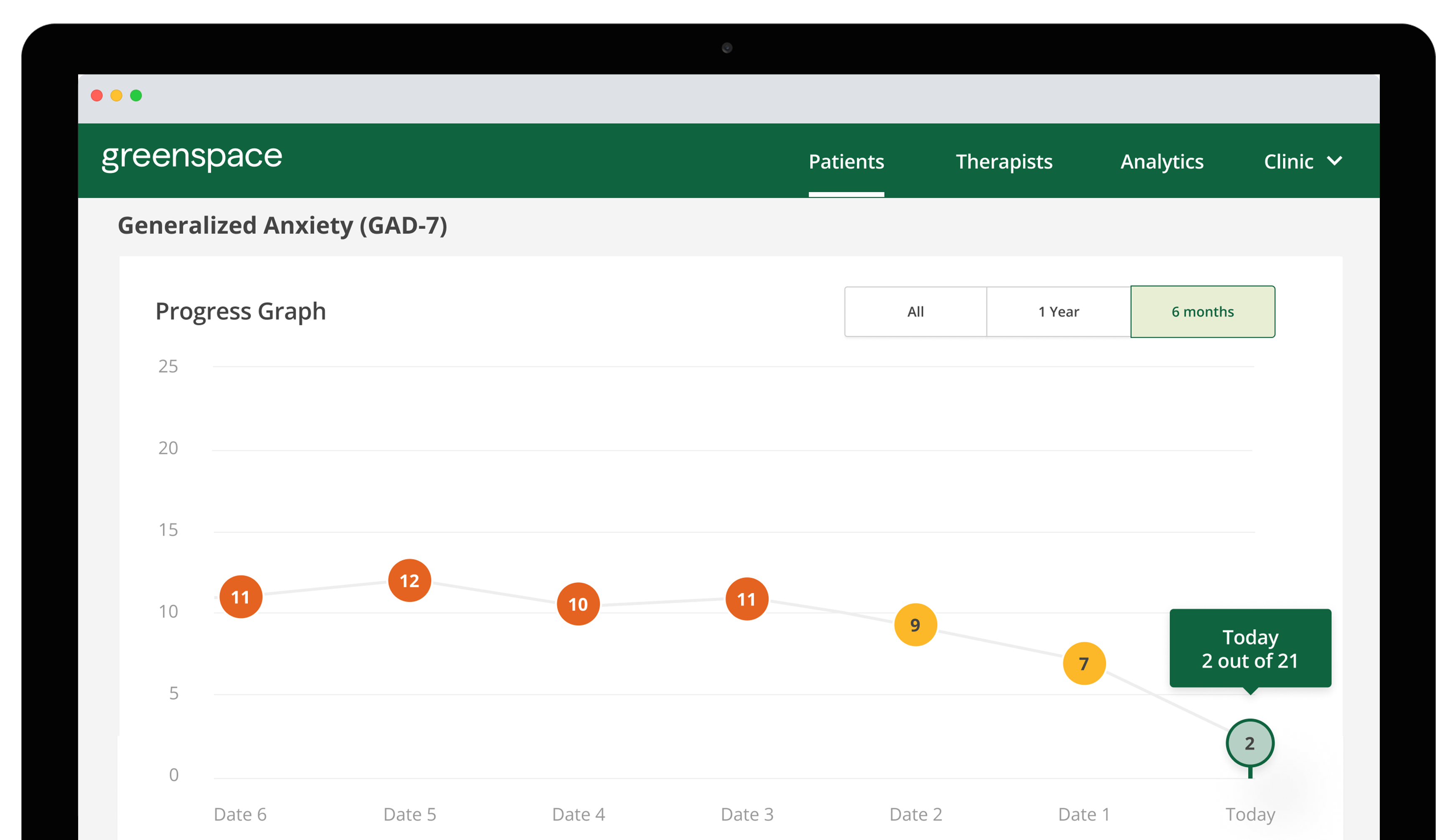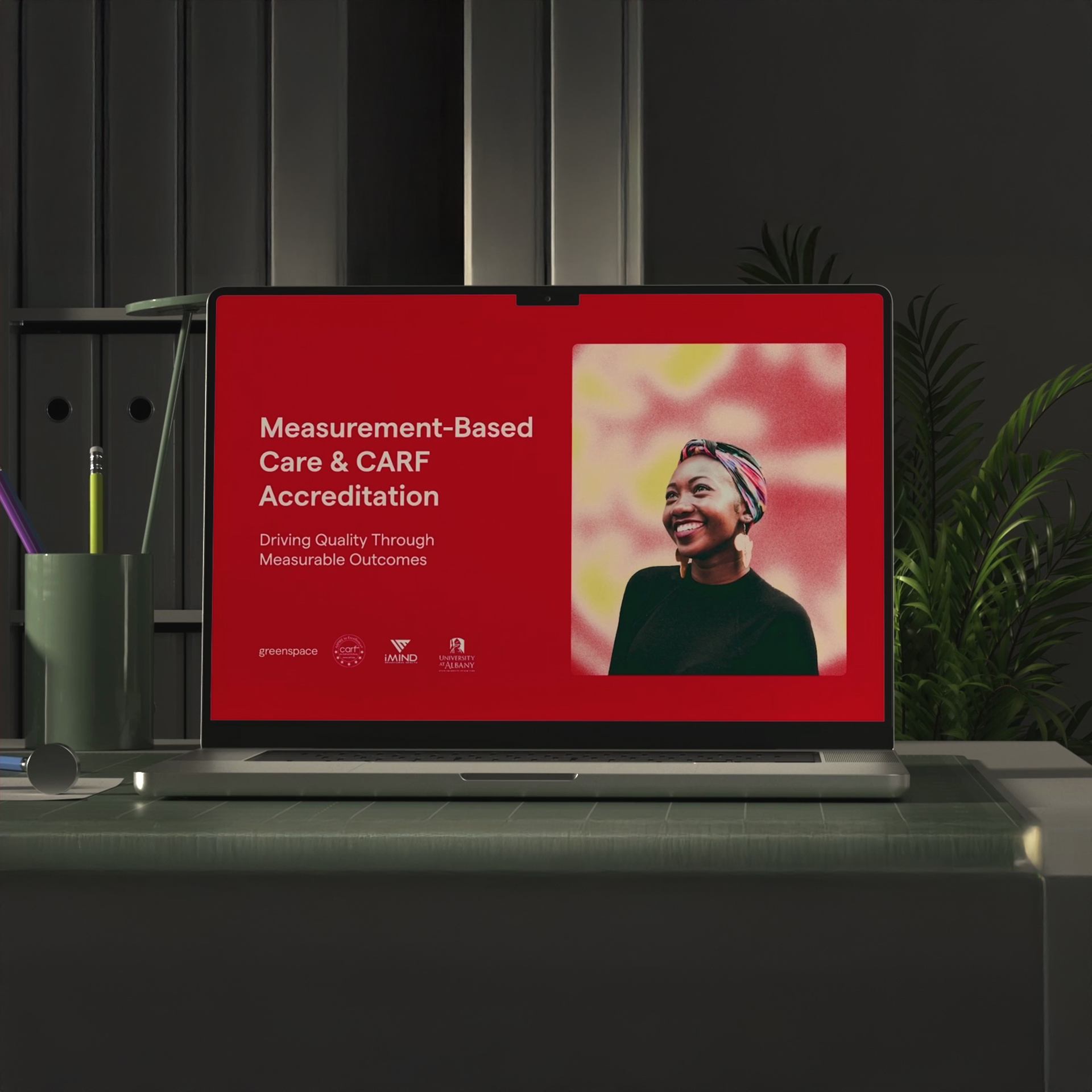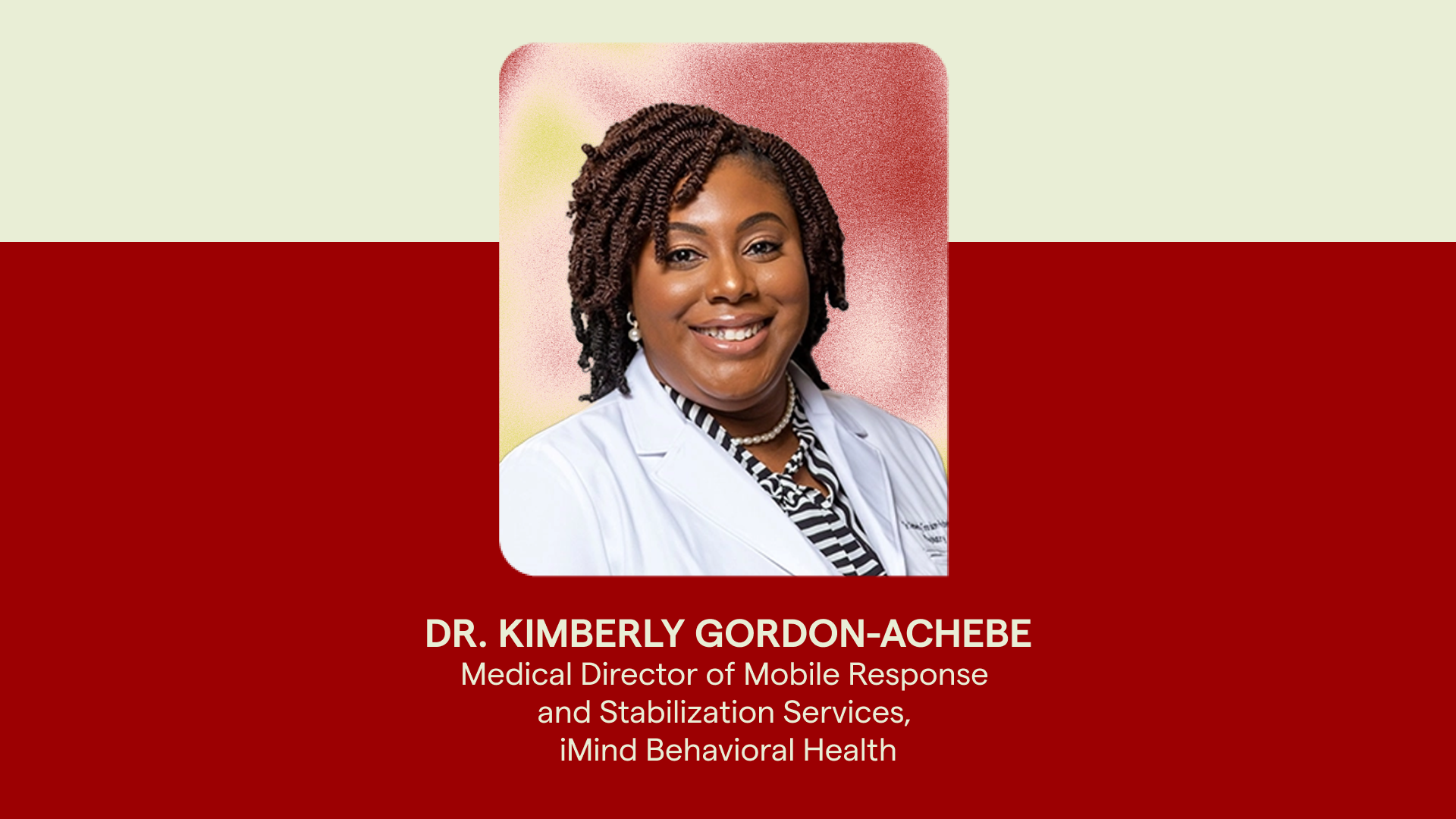
Overview
The Partners for Change Outcome Management System (PCOMS) is a systematic client feedback intervention. PCOMS uses two, four item scales to solicit client feedback regarding factors proven to predict success regardless of treatment model or presenting problem: early progress (using the Outcome Rating Scale) and the quality of the alliance (using the Session Rating Scale). For children ages 6-12, PCOMS:
- Identifies clients at risk for negative outcome before dropout or treatment failure;
- Provides objective, quantifiable data on the effectiveness of providers and systems of care;
- Uses measures that are reliable and valid, but feasible for each clinical encounter; and
- Provides a mechanism for consumer preferences to guide choice of intervention.
The Child Outcome Rating Scale (CORS) is a four-item scale that assesses a client’s perceptions of problems and goal attainment during therapeutic treatment.
- The CORS is designed to be used with children ages 6-12
- Youth and adolescents that are ages 13+ should use the ORS.
- The CORS can also be used to solicit feedback from parents and other participants in the child’s treatment.
Research
Eight randomized clinical trials (RCT) conducted by the clinical developer of PCOMS, Barry Duncan, and other researchers at Better Outcomes Now have shown PCOMS to significantly improve effectiveness in real clinical settings as well as substantially reduce costs related to length of treatment and provider productivity. Because of these RCTs, PCOMS was recognized in the Substance Abuse and Mental Health Services Administration’s (SAMHSA) National Registry of Evidence-based Programs and Practices (NREPP). PCOMS has been implemented by hundreds of organizations in the US and Canada as well as 20 countries across the globe. An independent meta-analysis revealed that individuals using PCOMS had a 3.5 times more chance of achieving reliable change and a 50% less likelihood of deterioration.
PCOMS has been shown to be consumer-friendly, highly feasible for clinicians, and importantly, repeatedly demonstrated to improve the quality and efficiency of services in peer-reviewed, published studies conducted across a range of settings, including public behavioral health. For more information on the RCTs and peer reviewed studies, please click here. For more on the most recent RCT conducted in integrated care, click here.
Assessments on Greenspace
Interested in learning more about how Greenspace can simplify and enhance your measurement practice?
Book a CallThe Scale

Scoring the CORS
Individual Responses
Individual responses for the CORS are calculated based on the point selected on each item’s line. Each line indicates a scale from 0-10, inclusive of decimals, with 0.0 as the furthest left point and 10.0 as the furthest right point. Points selected on the left indicate a lower score, whereas a point selected on the right indicates a higher score.
ORS Cut-Off: 28
Expected Treatment Response
The Expected Treatment Response (ETR) line is calculated based on the first ORS response. The ETR is calculated using a large and diverse normative sample that includes 400,000 plus administrations of the CORS, and presents an average trajectory of change over time based on a person’s initial score on the CORS. There is no ETR calculated for SRS responses. Note that the reason to solicit client responses on the SRS is to gracefully receive alliance feedback and tailor services accordingly.
Reliable change is change that will likely endure and exceeds that of chance, random flux, or measurement error. The RCI of the CORS is 6 points. The change is calculated as the difference between the first CORS response and the most recent or last measurement. Change that meets or exceeds the RCI (6 points) and crosses the clinical cut off score (for adults, 25) is considered clinically significant change. When treatment is successful, scores on the CORS should increase over time. When clients achieve reliable or clinically significant change, it is likely that it can be attributed to therapy.
Additional Resources and Training
There is a wide range of additional resources and training opportunities available for PCOMS.
Licensing Information
Note that in order to access the suite of ORS and SRS assessments, there is a $99 per therapist annual license fee. Please contact your Customer Success Manager or our Support Team to have the ORS and SRS assessments added to your account.
Copyright Information
All rights, title and interest to this assessment are held by Dr. Barry L. Duncan, P.A.
Related Resources













